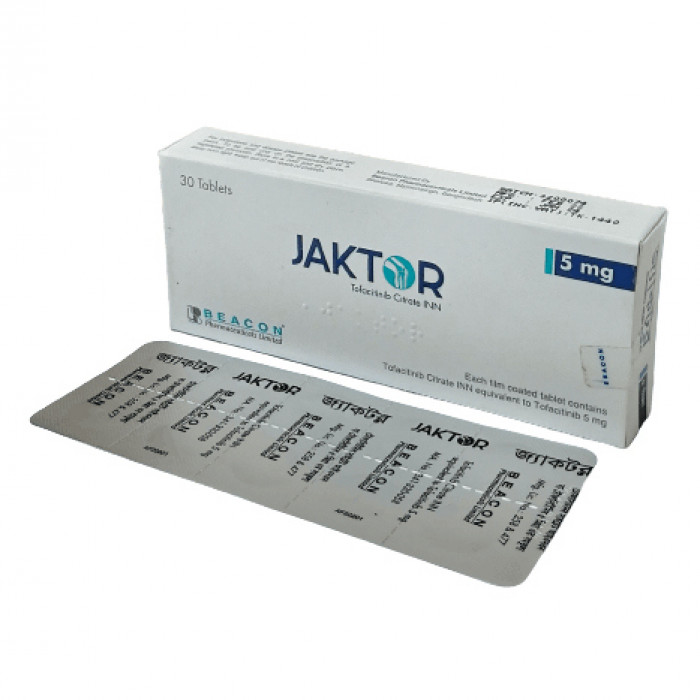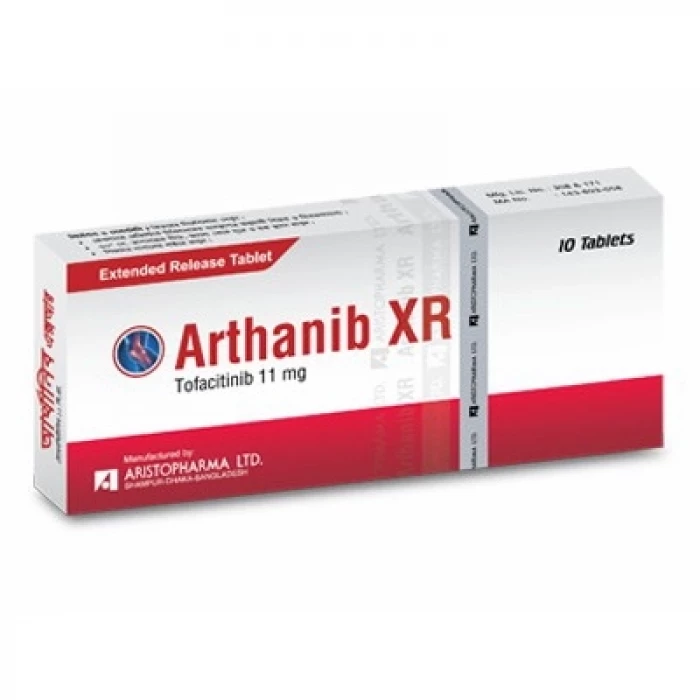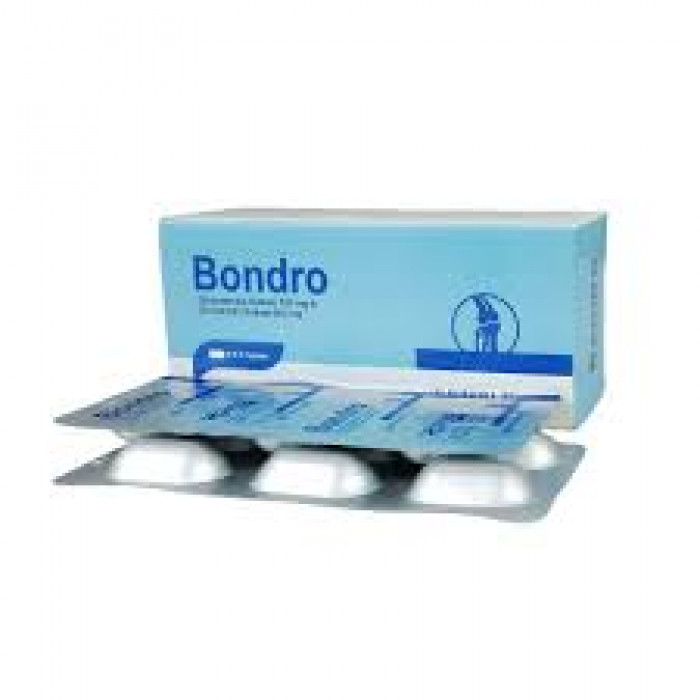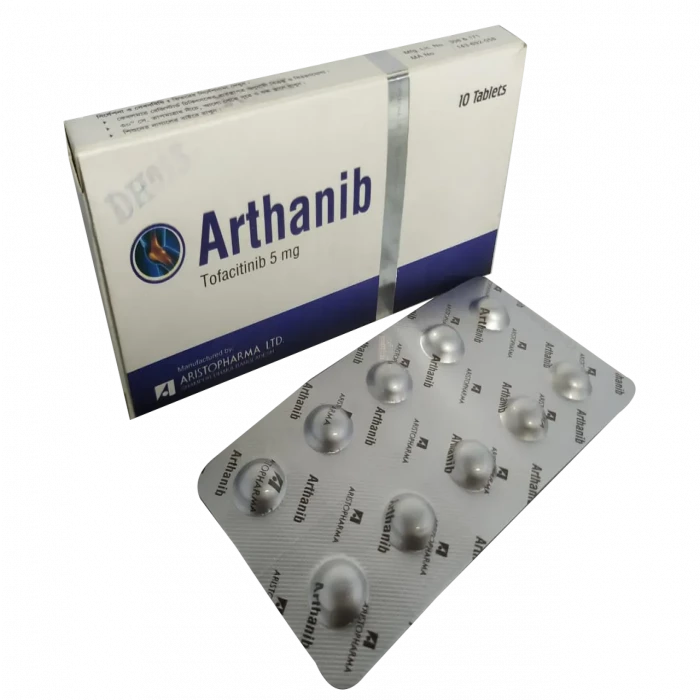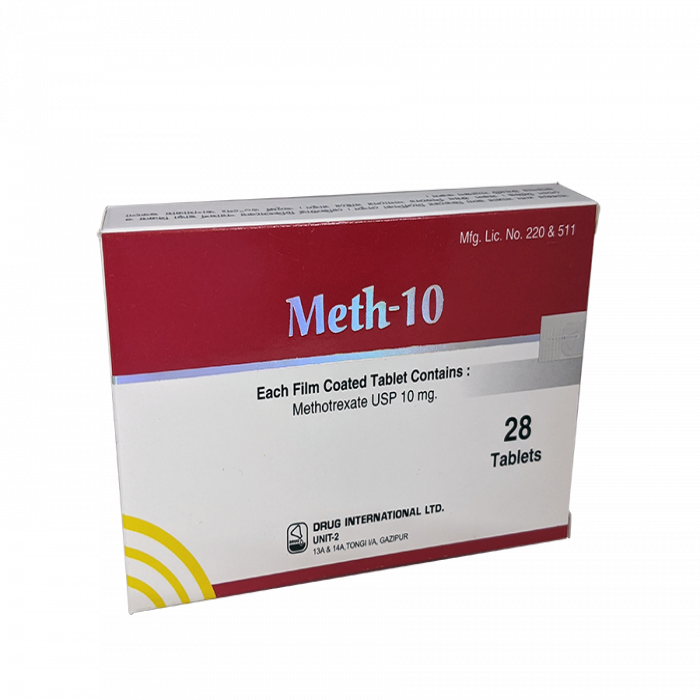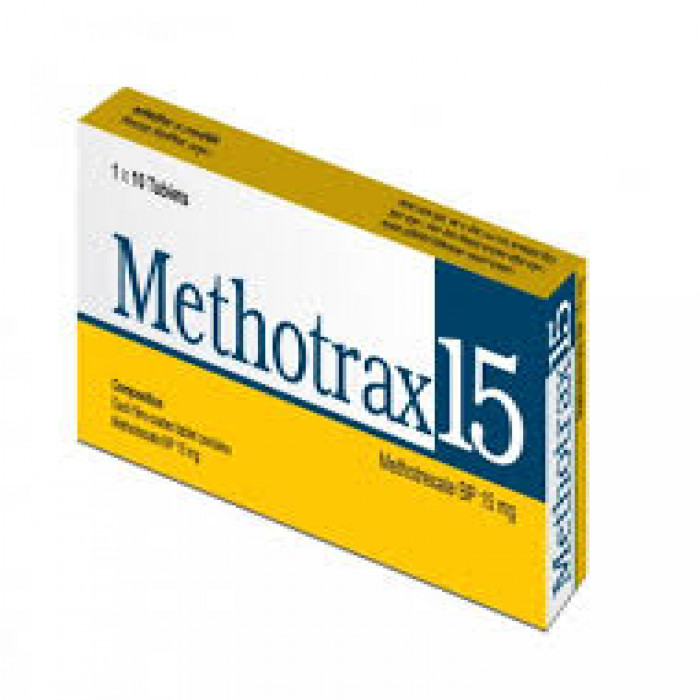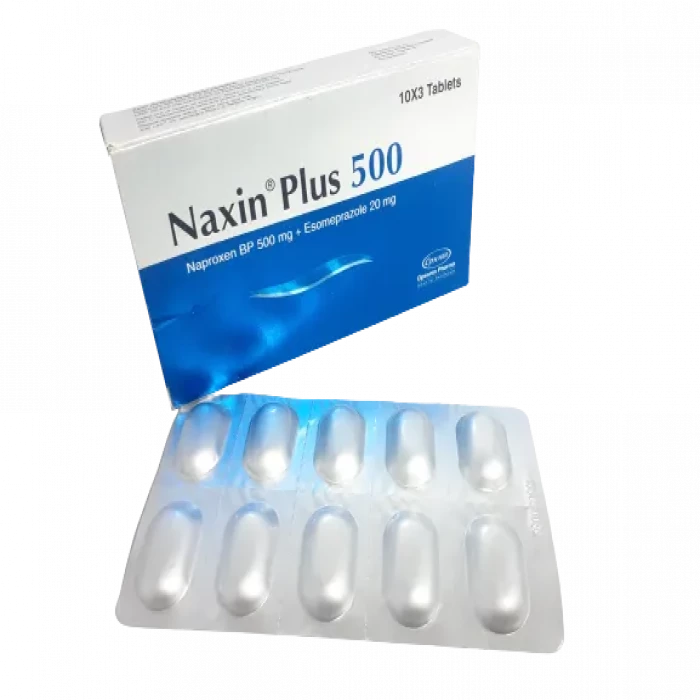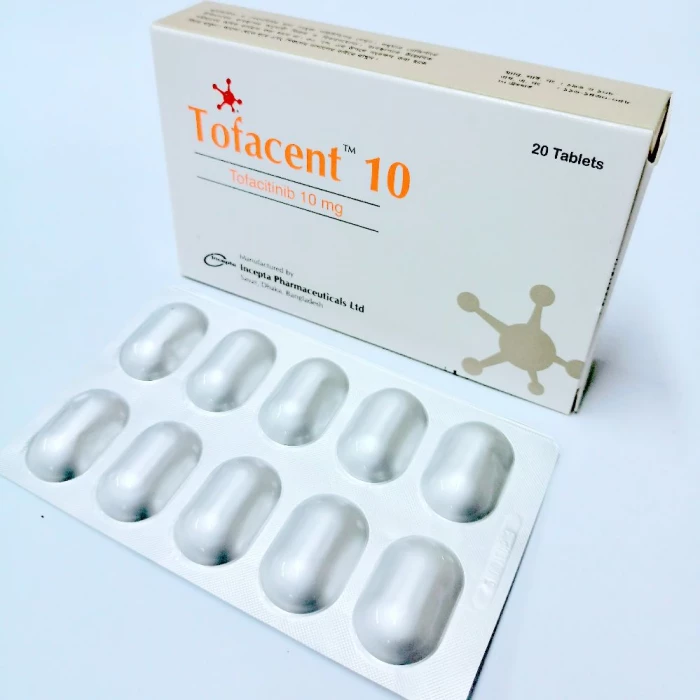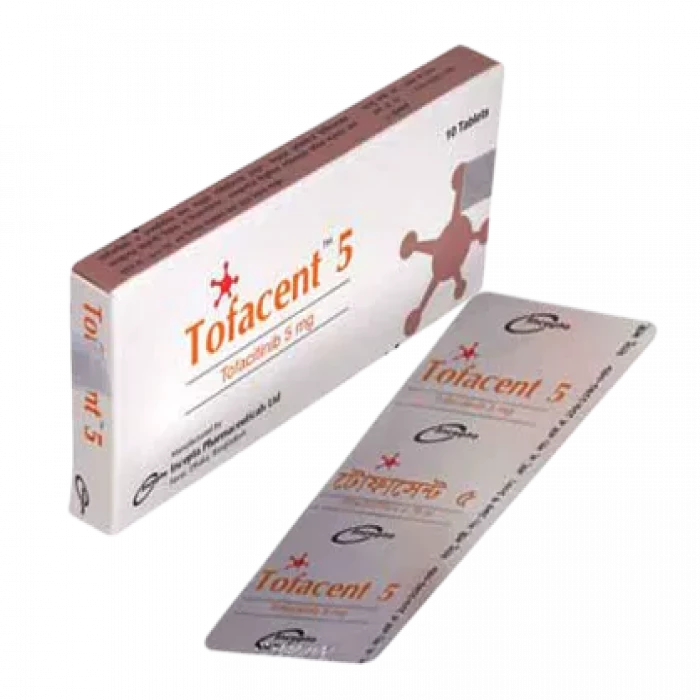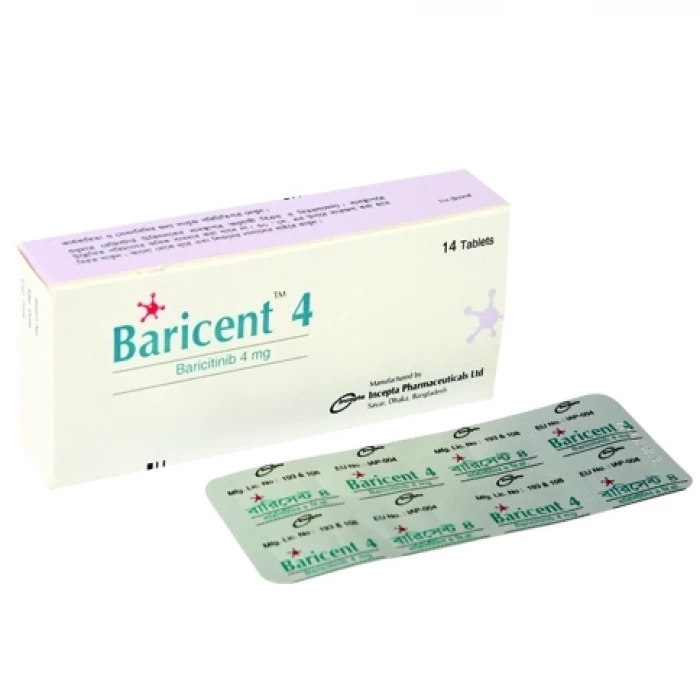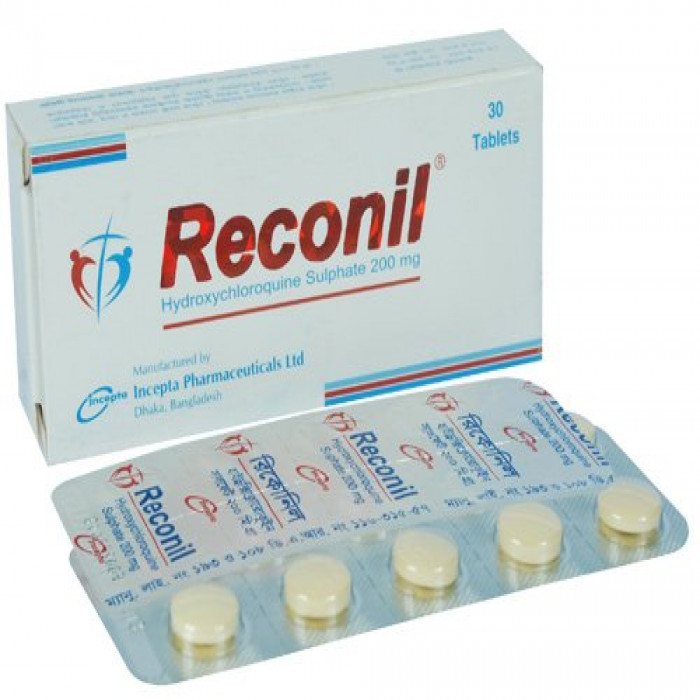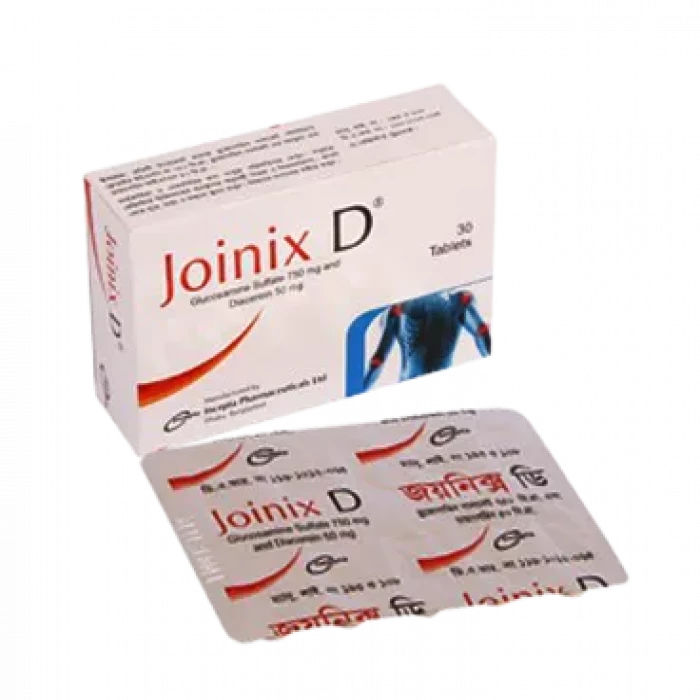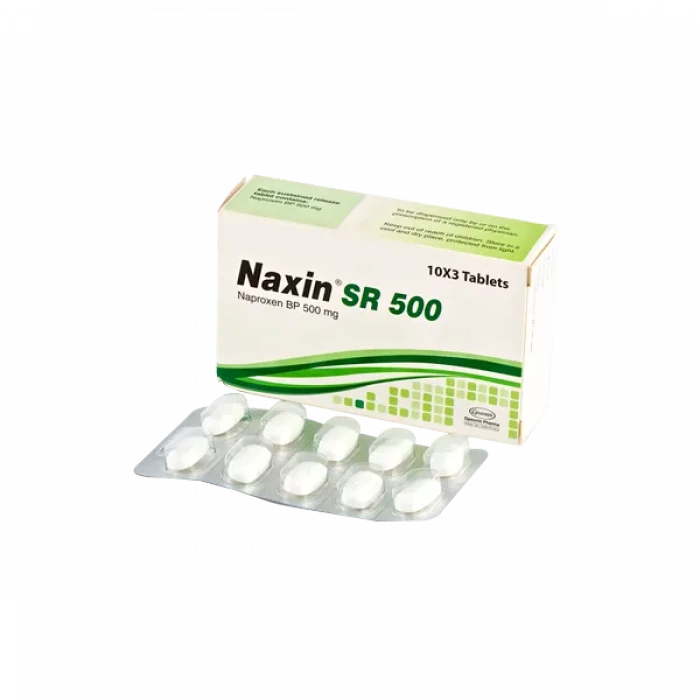
✔ 100% Authentic Product
👁️ Currently Viewing 1849
✅ Description:
Indication
Rheumatoid arthritis, osteoarthritis, ankylosing spondylitis, juvenile arthritis, tendonitis, bursitis, and acute gout are among the conditions for which naproxen is prescribed. It's also used to treat pain and dysmenorrhea in women with primary dysmenorrhea.
Pharmacology
Naproxen is an anti-inflammatory, analgesic, and antipyretic non-steroidal anti-inflammatory medication (NSAID). It is quickly absorbed from the gastrointestinal tract and has a bioavailability of 95%.
Dosage and Administration
Naproxen Tablet-
Rheumatoid arthritis, osteoarthritis and ankylosing spondylitis: The usual dose is 500-1000 mg daily in two divided doses after meals.
Management of pain, primary dysmenorrhea, acute tendonitis & bursitis: Recommended starting dose is 500 mg followed by 500 mg every 12 hours or 250 mg every 6-8 hours. The initial total daily dose should not exceed 1250 mg and thereafter, the total daily dose should not exceed 1000 mg.
Acute gout: Recommended starting dose is 750 mg followed by 250 mg every 8 hours until the attack has subsided.
Naproxen Suspension-
For Juvenile rheumatoid arthritis: The usual dose for children over 2 years is 10 mg/kg/day given as two divided doses at 12-hours intervals. Therapy in children under 2 years of age is not recommended.
Naproxen Gel-
Is to be applied 2-6 times a day as required and is not recommended for use in children.
Interaction
ACE inhibitors: diminish the antihypertensive effect of ACE inhibitors.
Antacids & Sucralfate: delay the absorption of Naproxen.
Aspirin: increase adverse effects.
Diuretics: reduce the natriuretic effect of Furosemide and Thiazides.
Methotrexate: enhance the toxicity of Methotrexate.
Warfarin: increase the risk of GI bleeding.
Selective Serotonin Reuptake Inhibitors (SSRI): increase the risk of GI bleeding.
Contraindications
C Naproxen is contraindicated in patients’ active peptic ulceration, hypersensitivity to naproxen or naproxen sodium formulations, aspirin/other NSAIDs. Ontraindications.
Side Effects
The following are the most commonly reported adverse effects:
Heartburn, abdominal pain, nausea, diarrhea, and dyspepsia are all symptoms of gastrointestinal problems.
Headache, vertigo, and drowsiness are symptoms of the Central Nervous System.
Pruritus (itching) and purpura are two dermatological conditions.
Edema and palpitation are symptoms of cardiovascular disease.
Other symptoms include visual and auditory problems.
Pregnancy & Lactation
Naproxen is classified as a pregnancy category C by the US Food and Drug Administration. So, unless the potential benefits to the other outweigh the potential hazards to the unborn, Naproxen should be avoided during pregnancy and nursing.
Pregnancy & Warning
Naproxen should be used with care in patients with a history of GI disease, asthma, or allergic disease, impaired renal and hepatic function. Naproxen decreases platelet aggregation and prolongs bleeding time.
Therapeutic Class
Drugs for Osteoarthritis, Drugs used for Rheumatoid Arthritis, Non-steroidal Anti-inflammatory Drugs (NSAIDs).
Storage Condition
Keep below 30°C temperature, protected from light & moisture. Keep out of the reach of children.
⚠️Disclaimer:
At ePharma, we’re committed to providing accurate and accessible health information. However, all content is intended for informational purposes only and should not replace medical advice from a qualified physician. Please consult your healthcare provider for personalized guidance. We aim to support, not substitute, the doctor-patient relationship.






